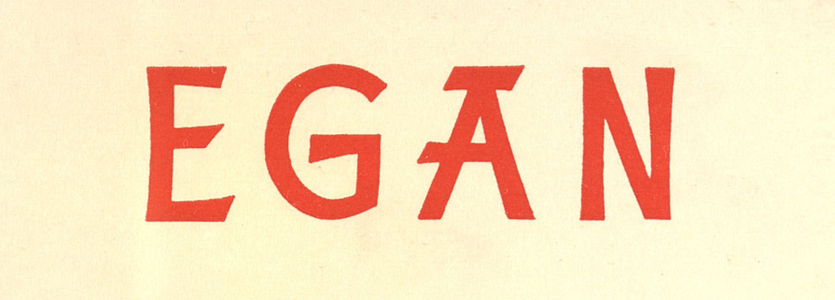Keywords
- Metafiction,
- memory,
- Atxaga
How to Cite
Abstract
The object of this paper is the analysis of Bernardo Atxaga’s succesful novel The accordionist’s son, published in 2003. The main focus of the paper is the relation between what we consider to be the two central elements of the novel. On the one side the use of metafiction, (literature looking to itself) and, on the other side, the concern for historical memory (a reality outside the literary world). When described in this terms they may seem to be opposites, but we will argue that in The accordionist’s son they work together to talk about a reality and a past, which are no longer considered a concrete value. Furthermore, we will try to prove that metafiction is not just used as a stylistic game but plays an important role in the shaping of the novels’ meaning.


